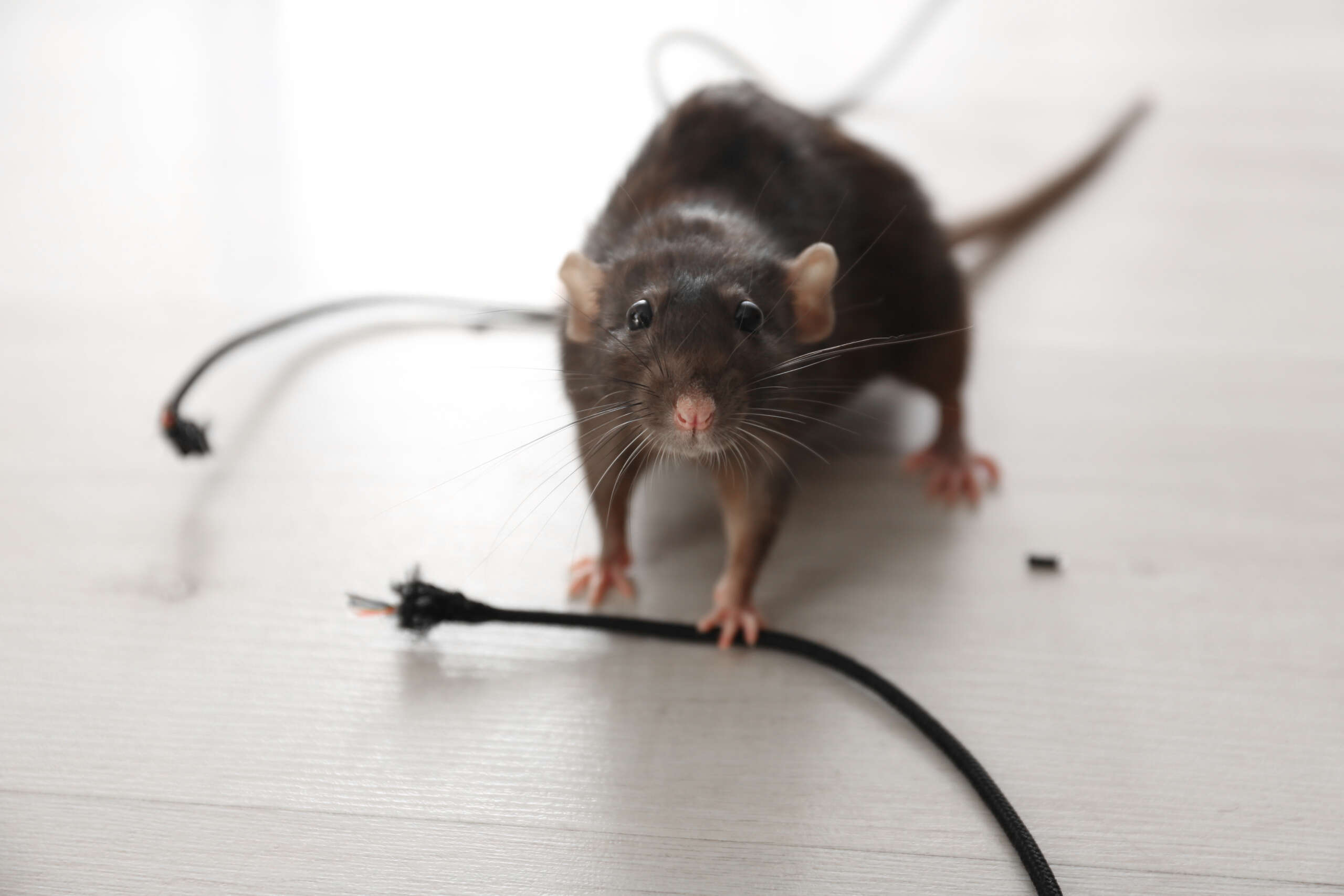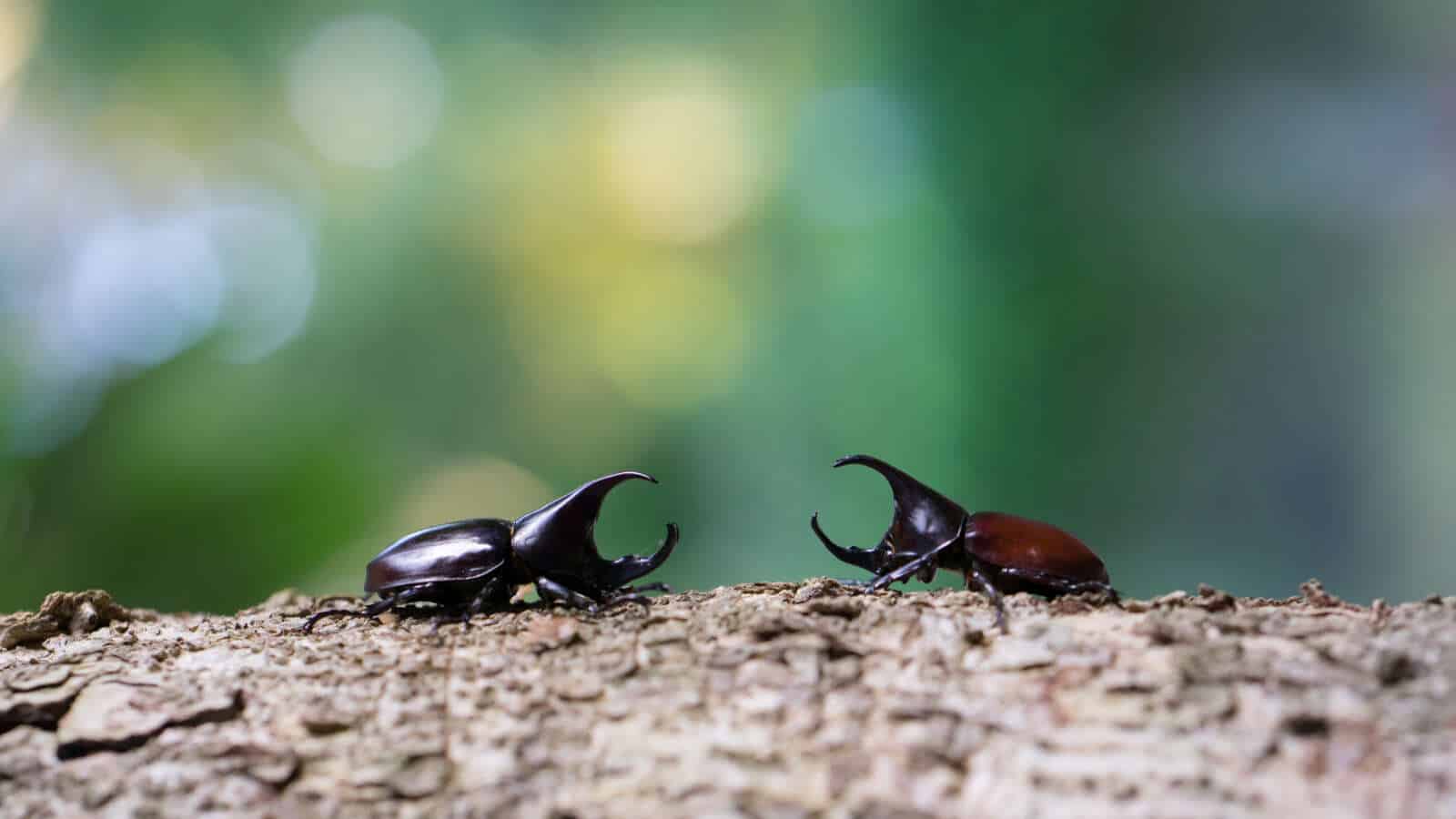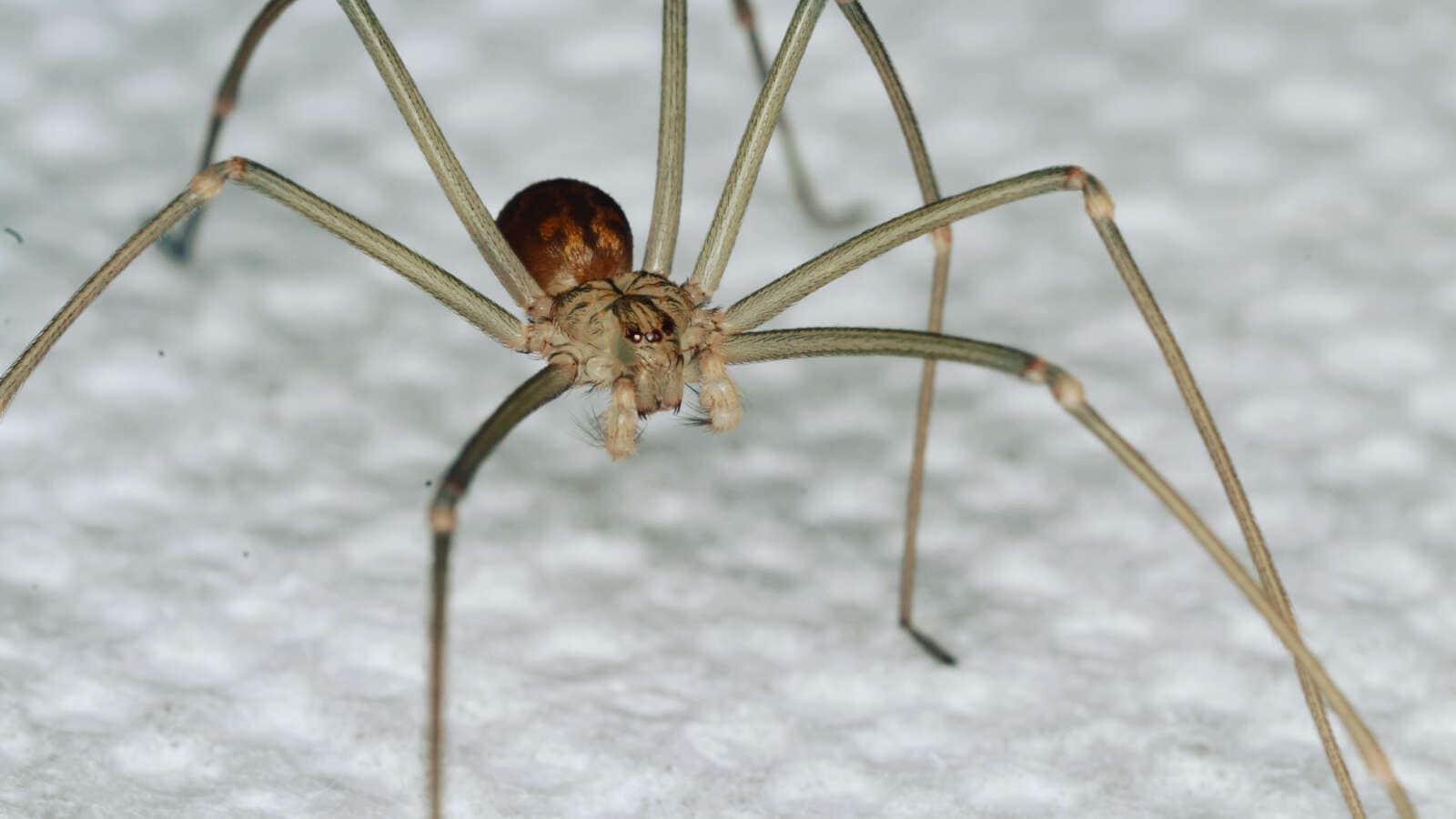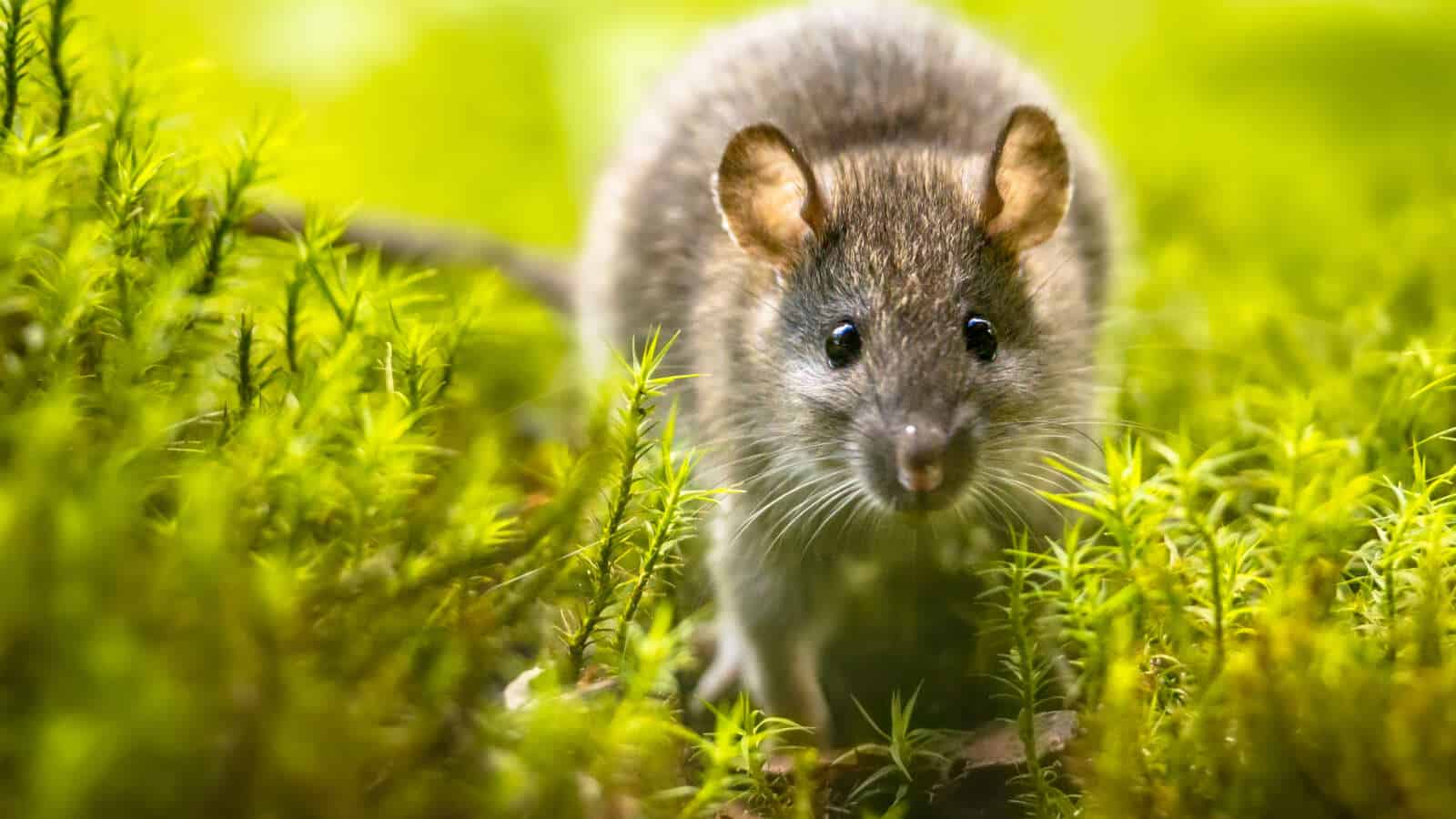How To Prevent A Rodent Infestation
Rodent infestations may be common occurrences, but that doesn’t make them any more tolerable. Rats and mice are disease-ridden pests that chew through most household materials and contaminate every surface they touch. Since both pests are nocturnal, they do the most damage at night when everyone in the house is asleep. Trust us: rodent droppings and gnaw marks are not the most fun sights to see in the morning!
The good news about rodent invasions is that they are often preventable by completing a few items of maintenance around the house, which will also aid in preventing other pests. Let’s discuss the most efficient ways to prevent a rodent infestation any time of the year.
Inspect Hidden Areas
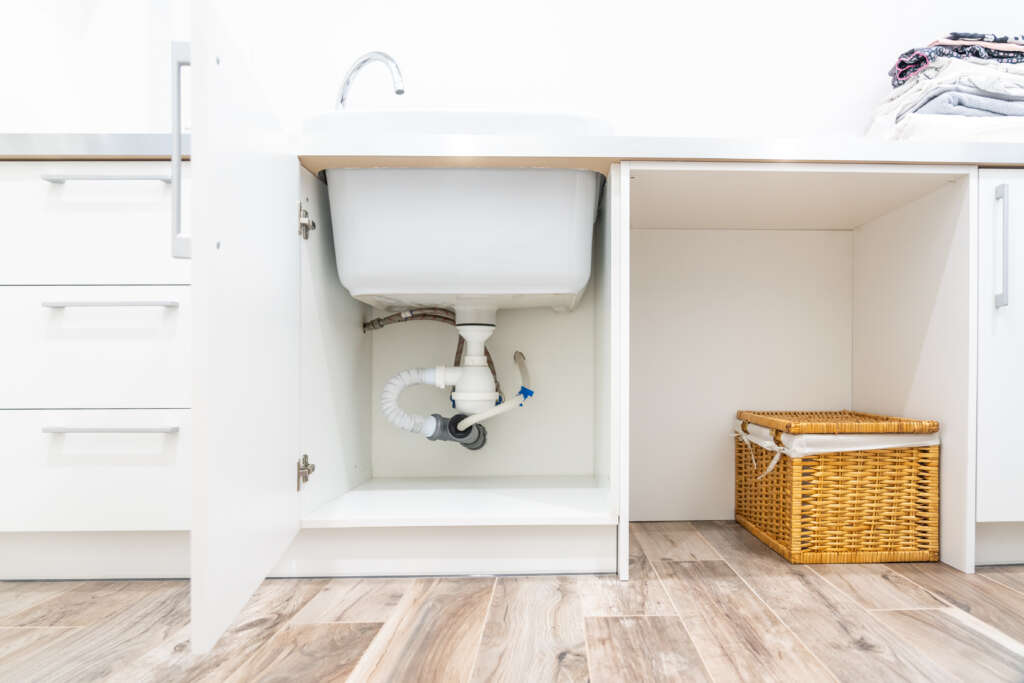
First and foremost, rodents prefer to be hidden at all times. This leads them to invade the darkest shadows and tightest spaces of a home, then build a nest of shredded materials. Rats and mice rest here during the day, then emerge to scavenge and explore at night. Mice are more timid than rats and will only come out of hiding when it is completely quiet. Rodent infestations are often found after a bad storm or bout of extreme weather (hot or cold) when the pests want to escape the elements.
Some of the most important spaces to inspect in a home are:
- Near the foundation
- In wall voids
- Around plumbing
- In cabinets, drawers, and closets
- Near electrical wiring
- In attics, crawl spaces, and basements
- Under large appliances
- In clogged gutters
If you find any signs of a rodent problem — droppings, a musty odor, any rats or mice, scurrying sounds — during the inspection, contact pest control services immediately.
Seal Entry Points
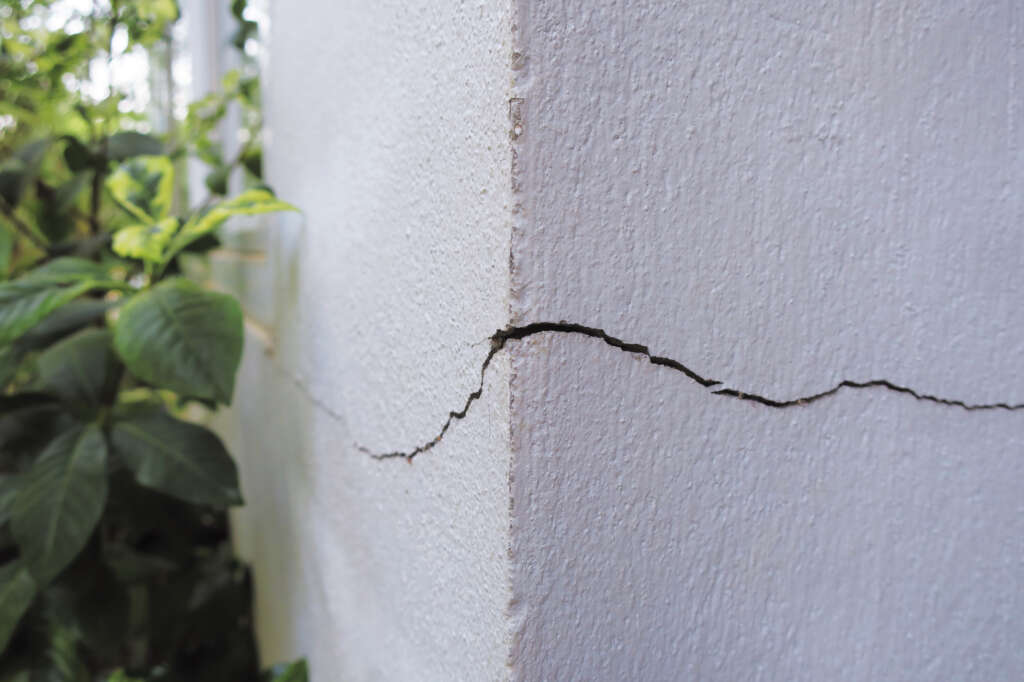
Entry points are the specific areas where pests enter a house or building. These are often structural imperfections or damage, such as cracks, gaps, holes, and crevices. Rodents look like they would never fit through these small openings (maybe due to eating too much cheese), but they are surprisingly limber. Mice can fit through gaps the width of a pencil, and rats the width of a quarter.
Make it a habit to briefly inspect your house’s exterior for any new openings throughout the year, especially after bad weather. Small imperfections should be sealed with caulk. This is easy to apply and will prevent any tiny pests from sneaking inside your home. As for larger holes and gaps, steel wool is the ideal material for the job. Rodents don’t like the feeling of it on their teeth, so they won’t want to eat through it. Put some steel wool into the opening, then seal the outside with caulk.
Store Food Properly

This is an essential for blog posts about preventing any type of pest, and for good reason. Many common pests, including rodents, love our food. Rats and mice can eat through most types of food packaging, so they will easily contaminate our pantry items if they get inside the home. The easiest way to protect your food from these pests is to transfer everything with a long shelf life into better containers. Whether they’re made of plastic or glass, airtight containers with good lids are effective in stopping pests from ruining your food. They also naturally organize your pantry as a bonus!
The best foods to keep in these containers are:
- Baking essentials (flour, sugar, baking powder, etc.)
- Cereals
- Pasta
- Grains and seeds
- Nuts
- Chocolate
- Baked goods
- Bread
Another way to prevent rodents from eating your food is to keep a tidy kitchen. Wipe up crumbs and spills as soon as possible, and make sure that the leftovers from dinner made it either into the garbage or the fridge.
Store Pet Food Properly
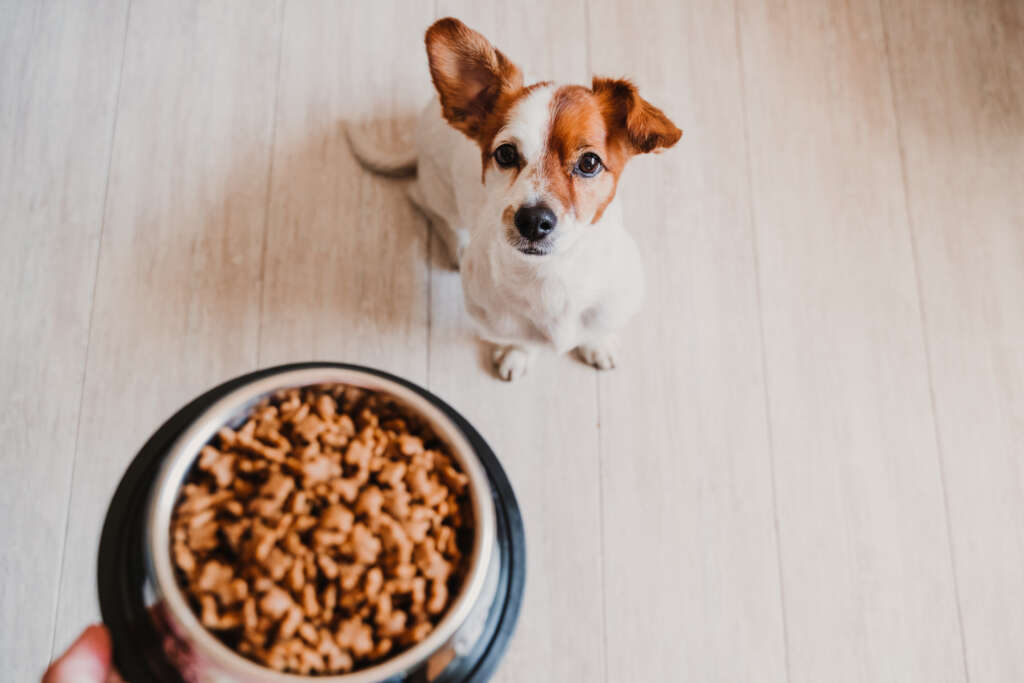
Speaking of food, storing your dog or cat’s food is essential in preventing rodents. Rats and mice love dry pet food more than many other food sources. It’s likely because this food contains the amount of protein that rodents crave; plus, pet food is less likely to be as tightly sealed as our food. Place large bags of pet food into lidded cans — available at most hardware stores — or pour the contents into smaller containers with lids and airtight seals.
When your furry friend is finished eating, we recommend removing their dish and storing it with the food. If the food bowl sits out until the next meal, it runs the risk of attracting rodents with its scent and food crumbs. Also, it’s a good idea to keep your pet’s eating area as clean as possible. It’s cute when your dog flings kibble around while he or she eats, but it’s much less appealing to find a hungry rat munching on the leftovers!
Take Care of the Garbage
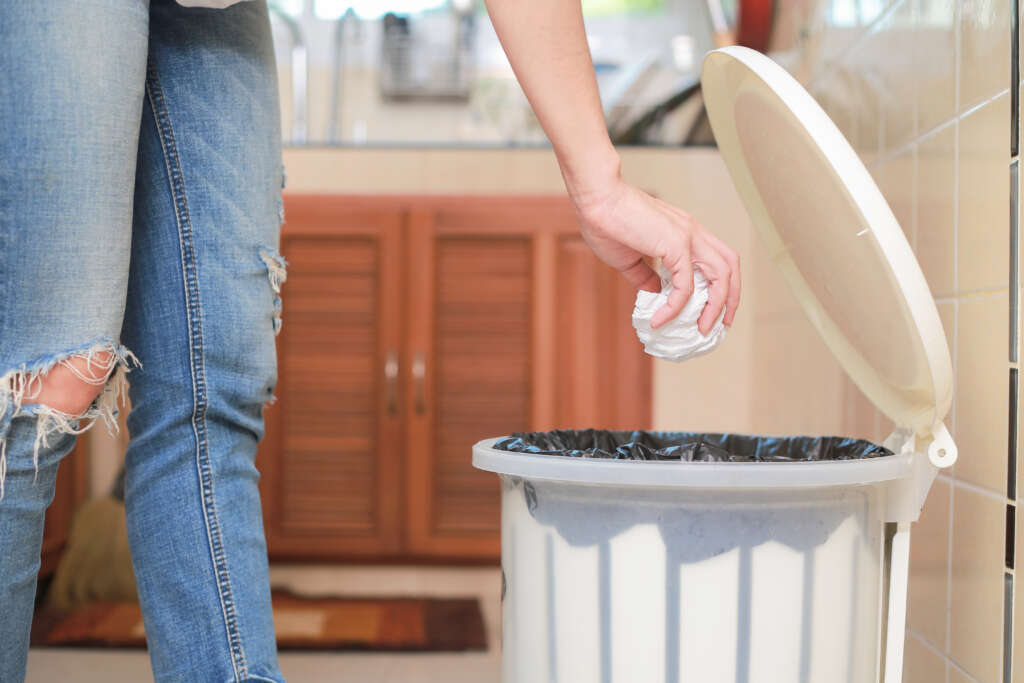
Taking out the trash is both an important chore and a fun metaphor for removing unwanted things in our lives. Rodents find our garbage very appealing because it has an abundance of food sources and nesting materials. If the kitchen trash can is full of food scraps and used napkins, it’s a rodent’s paradise and a human’s eyesore.
Take the trash out before it overflows and make sure that all of the trash is contained in the bag. The best trash cans to use indoors have lids and are free of cracks. A solid trash can is just another barrier between rodents and your garbage, which will prevent them from using your kitchen as an all-you-can-eat buffet. As for the large outdoor garbage cans, make sure that the lids are closed when not in use. Do not store them right against the house, as this will only encourage pests to find an entry point near the food source.
Eliminate Outside Attractants
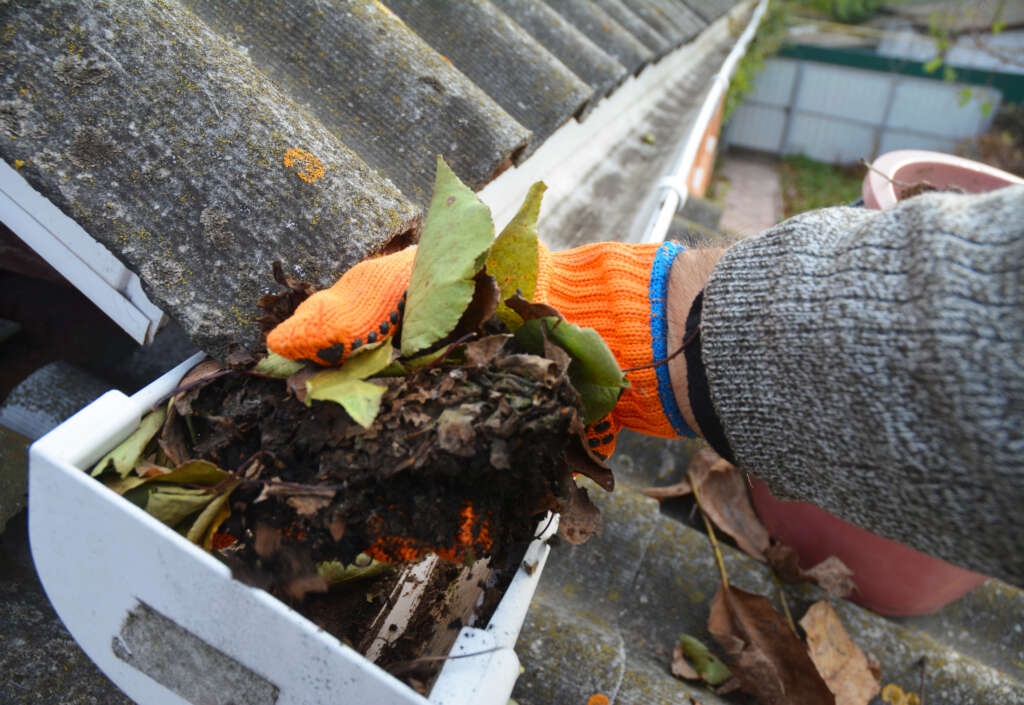
This one is more general but still important in the world of pest prevention. One of the most common beginnings for rodent infestations is the pests being drawn to something outside, then forcing their way into the house through an entry point. The first step to preventing rats and mice is taking away potential food sources and nesting sites. This starts out in the yard since, after all, rodents have to come from somewhere.
Some of the most important outdoor tasks to complete for a rodent-free home are:
- Cleaning the barbecue after each use
- Keeping firewood off the ground and stored at least 20 feet away from the house
- Clearing the gutters of organic debris (leaves, twigs, etc.)
- Setting bird feeders away from the house
A rodent-free yard is a happy yard. Rats and mice can also become garden pests if they set their eyes on the delectable produce and flowers growing in your yard. They will ruin that season’s produce given the chance, so protecting your outdoor space from these pests is crucial.
Do Yard Work
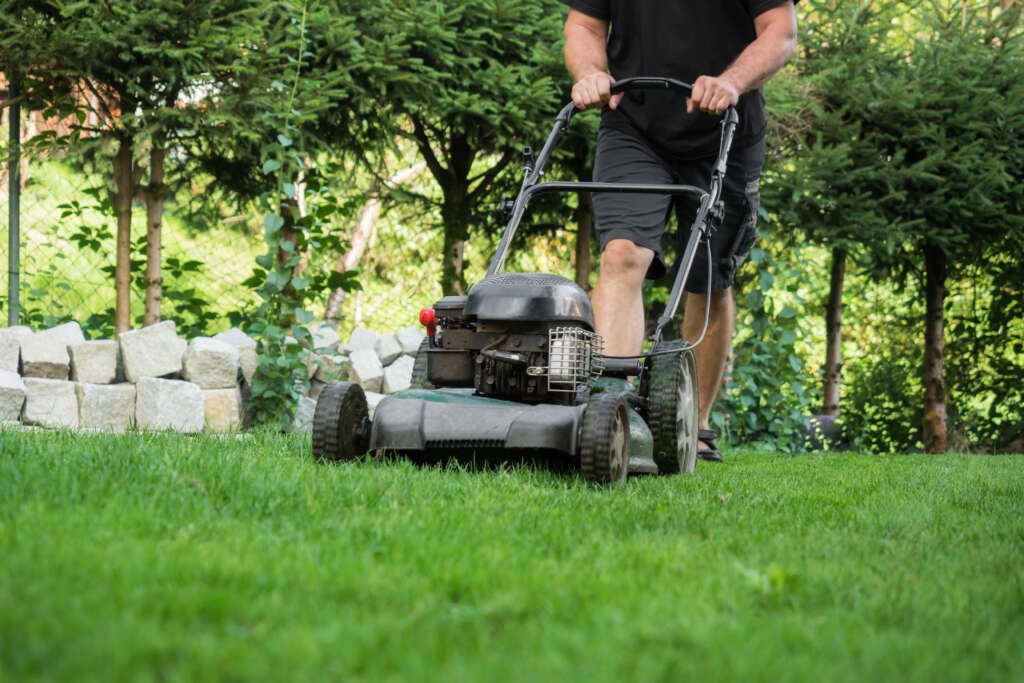
Once the outdoor tidying is done, the next step is to take care of the actual plants, trees, and grass in the yard. When the landscaping is overgrown, rats and mice can hide within the greenery while they search for an entry point. The amount of necessary yard work depends on the season. Warmer weather results in more yard work to maintain the growing plants, while colder weather slows everything down due to the frigid temperatures.
In terms of preventing rodents from living in your yard, the most important tasks to complete are:
- Keep all bushes and plants trimmed back from the house (at least 1 foot)
- Mow the lawn on a regular basis
- Cut back any tree limbs touching the house
- Remove dead leaves and excess mulch from the yard
- Prune overgrown bushes and plants
- Pull weeds, especially around fruits and vegetables
The state of your yard may seem unimportant when thinking about preventing an indoor rodent infestation. But think of it this way: a clean yard gives rats and mice less places to hide, which will discourage them from searching for an entry point into your cozy home!
Protect Your Home With Pointe!
Whether you’re looking to end an infestation or prevent rodents from entering your home in the first place, Pointe Pest Control has the efficient services for you! We don’t leave any pest problem unsolved, as our highly-trained team is dedicated to keeping local homes and businesses pest-free. Between our thorough inspections and customized treatment plans, your pest issues will be solved in no time. We guarantee that our products are all effective against pests but safe for your family and pets, as we do not rely on toxic pesticides to treat pests. Contact us today for a free quote on our reliable services and to learn how Pointe keeps homes free of ravenous rodents.
Citations
How to seal up to prevent rodent infestations. (2023, January 3). CDC. Retrieved January 23, 2024, from https://www.cdc.gov/healthypets/pets/wildlife/seal-up.html
Identify and prevent rodent infestations. (2023, July 27). EPA. Retrieved January 23, 2024, from https://www.epa.gov/rodenticides/identify-and-prevent-rodent-infestations
Perry, C. (2023, April 18). How to get rid of rodents. Forbes Home. Available at https://www.forbes.com/home-improvement/pest-control/getting-rid-of-rodents/ (Accessed on January 23, 2024).


